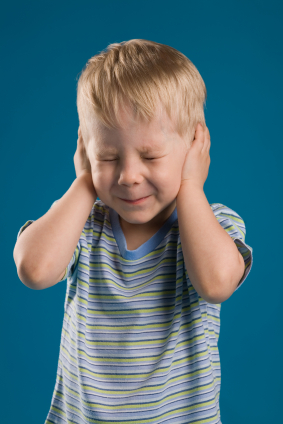Emotional Abuse in Childhood is a Risk Factor for Bipolar Disorder
 Evidence is growing that stressful events in childhood are associated with an earlier onset of bipolar disorders and a more difficult course of illness than in those who did not experience this type of adversity. Monica Aas and colleagues in Norway have found for the first time that emotional abuse in childhood, especially before age five, also increases risk of bipolar disorder. This study indicates that while bipolar disorder has a genetic component, environmental factors also play a role.
Evidence is growing that stressful events in childhood are associated with an earlier onset of bipolar disorders and a more difficult course of illness than in those who did not experience this type of adversity. Monica Aas and colleagues in Norway have found for the first time that emotional abuse in childhood, especially before age five, also increases risk of bipolar disorder. This study indicates that while bipolar disorder has a genetic component, environmental factors also play a role.
In Norway and France, the research group surveyed patients with bipolar disorder and people in the general population about childhood trauma, including emotional abuse, sexual abuse, physical abuse, emotional neglect, and physical neglect. Among the almost 800 participants, patients with bipolar disorder were twice as likely as control participants to have experienced multiple types of trauma. However, emotional abuse was the only factor specifically linked to bipolar disorder. People who were emotionally abused in childhood were more than twice as likely to develop bipolar disorder in adulthood. Moreover, the more severe the emotional abuse, the more likely it was that a child would go on to develop bipolar disorder.
Among the adults with bipolar disorder, emotional abuse and sexual abuse in childhood predicted younger age of illness onset, more suicide attempts, more rapid cycling, and greater proneness to depression. Emotional or sexual abuse were linked to the most suicide attempts, and sexual abuse was linked to rapid cycling.
More trauma in childhood was also linked to affective instability in adults. Aas’ research was presented at the 14th International Congress on Schizophrenia Research.

